The Political Bureau of the Communist Party of China (CPC) Central Committee convened a meeting on Wednesday to deliberate a comprehensive report on the first round of disciplinary inspections launched by the 20th CPC Central Committee. Xi Jinping, general secretary of the CPC Central Committee, presided over the meeting.
It was recognized at the meeting that the CPC Central Committee with Comrade Xi Jinping at its core attaches great importance to the inspections, considers them as a strategic institutional arrangement for the Party's self-reform and full, rigorous Party self-governance, and has made important decisions and plans in this regard. The first round of disciplinary inspections launched by the 20th CPC Central Committee upheld fundamental principles and broke new ground, and made political supervision concrete, targeted and regular. It has sent a clear signal that full and rigorous Party self-governance as well as the Party's self-reform is a journey to which there is no end. The fact has proved that disciplinary inspection is an effective way to find problems and promote their solution, and we must continue to push forward work in this regard.
The inspections show that Party building and its full and rigorous self-governance have been strengthened in state-owned enterprises, finance and sport sectors. New progress has been made in the work of these fields, but there are some problems. The overtone and atmosphere of strict governance along with rigorous measures must be maintained through to the end. Party organizations inspected, especially their leaders, must be urged to shoulder concrete responsibilities and make rectifications in a strict and practical manner. They must combine inspections and making rectifications with the theoretical study program to study and implement Xi Jinping Thought on Socialism with Chinese Characteristics for a New Era, thoroughly understand the decisive significance of the Two Affirmations and exactly act on the Two Upholds.
The need was emphasized at the meeting to take the disciplinary inspection and rectifications as an opportunity to further strengthen the overall leadership of the Party, and urge the Party organizations inspected to raise their political stance and earnestly fulfill the duties and missions entrusted by the Party Central Committee. It is imperative to continuously improve the core functions and competitiveness of state-owned enterprises, and consolidate the important material and political foundation of socialism with Chinese characteristics. Financial companies should provide better service to the real economy and national strategies, as required by high-quality development. It is necessary to ensure both development and security, be prepared to deal with worst-case and extreme-case scenarios, and take effective measures to prevent and defuse major risks, so as to ensure that security is guaranteed.
It's imperative to make more advances in exercising full and rigorous Party self-governance, and ensure that secretaries of CPC committees and leading Party members groups take on principal responsibilities, that the leadership teams are responsible for both performing their duties and improving the conduct of CPC members, and that the discipline inspection and supervisory authorities shoulder their responsibilities for oversight, with particular emphasis on supervision over heads of Party and government bodies at all levels. Efforts should be intensified to combat corruption in state-owned enterprises and the financial sector, and pointless formalities, bureaucratism, hedonism, and extravagance should be further tackled. We must further our efforts to enhance rectifications and governance through specific cases, and take coordinated steps to see that officials do not have the audacity, opportunity or desire to be corrupt. It is imperative to thoroughly implement the Party's organizational line for the new era, and strengthen the building of leadership teams, ranks of officials, talent pool as well as grassroots Party organizations. What has been achieved from disciplinary inspections must be put to good use so as to deepen reforms, improve institutions, make further efforts to address issues at the source, and tackle not only symptoms but also root causes.
Other matters were also discussed at the meeting.








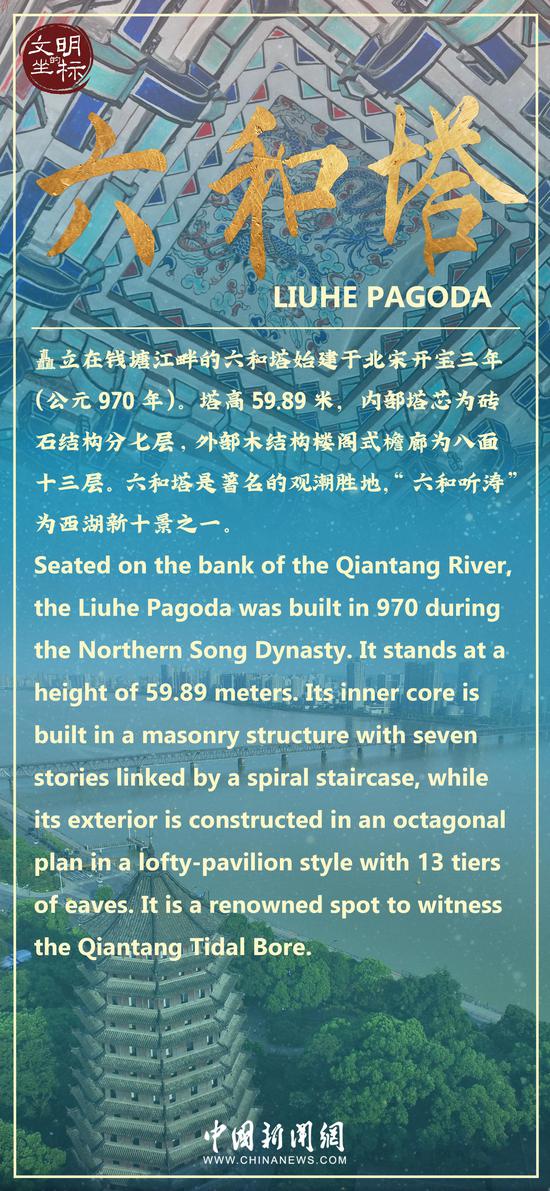
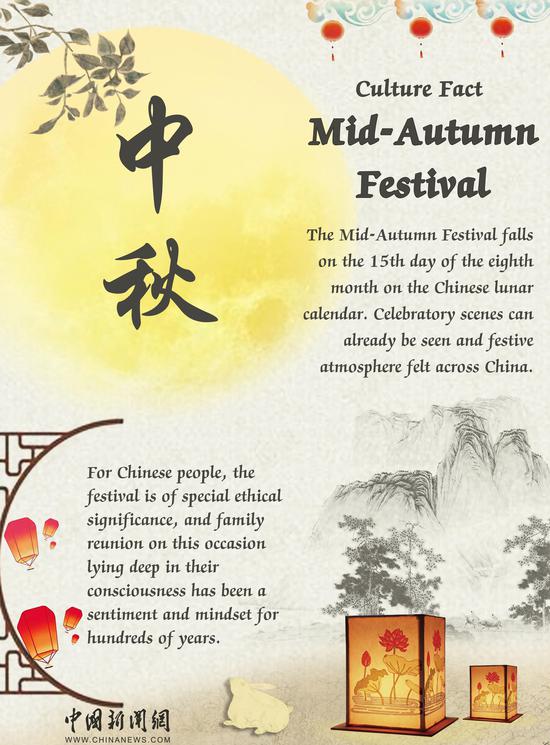
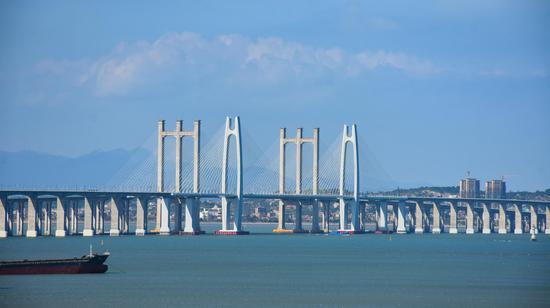
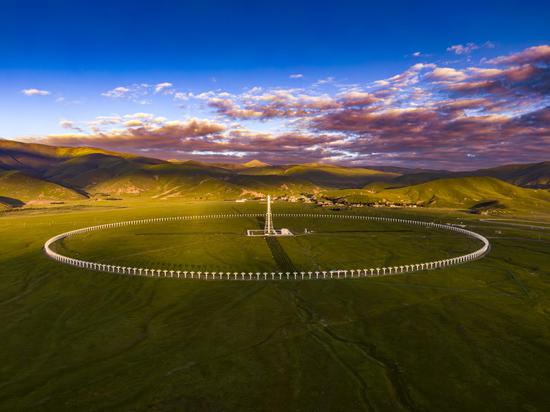


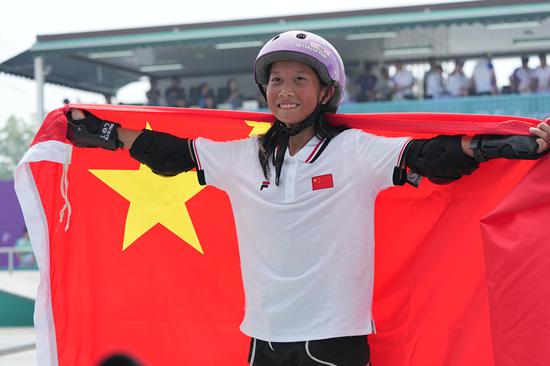

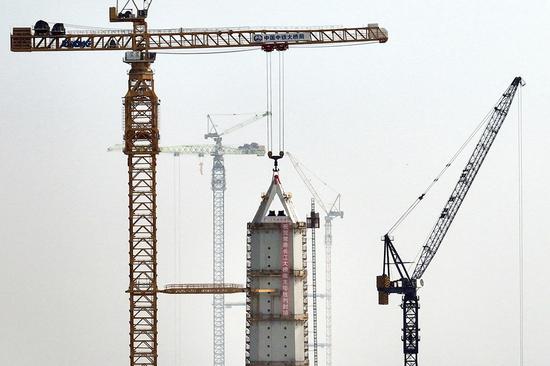
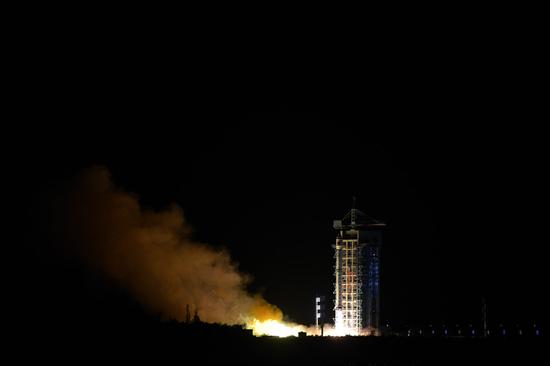
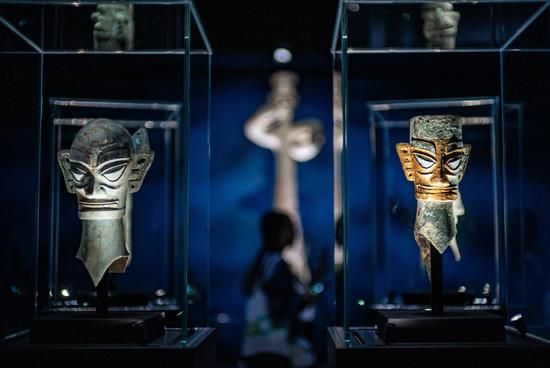
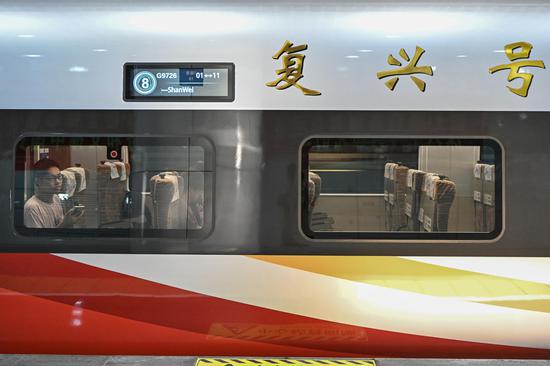





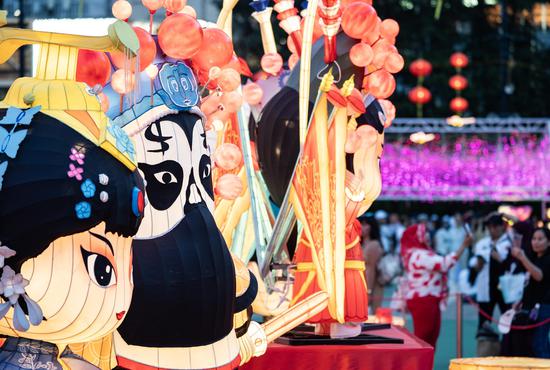

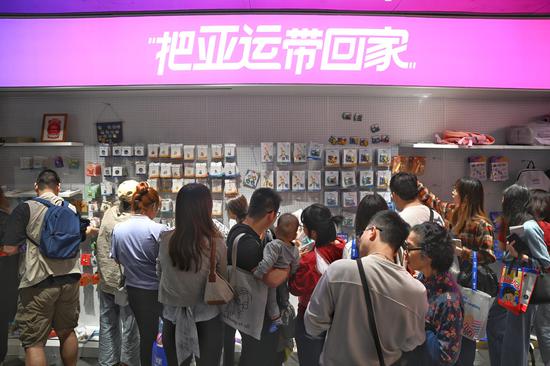
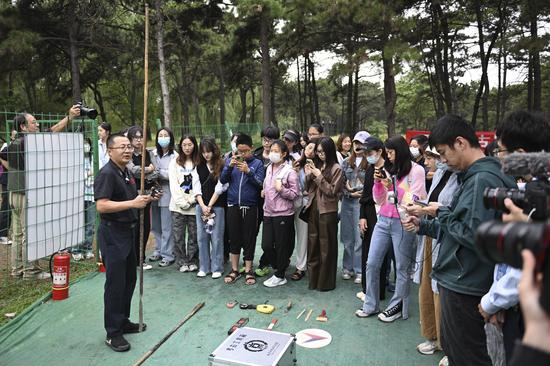
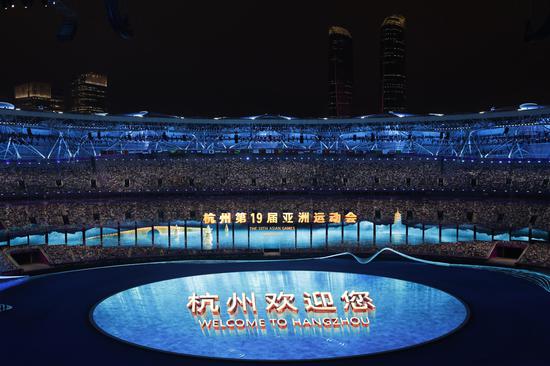
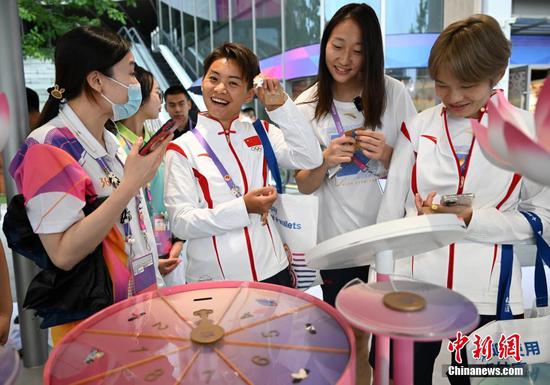


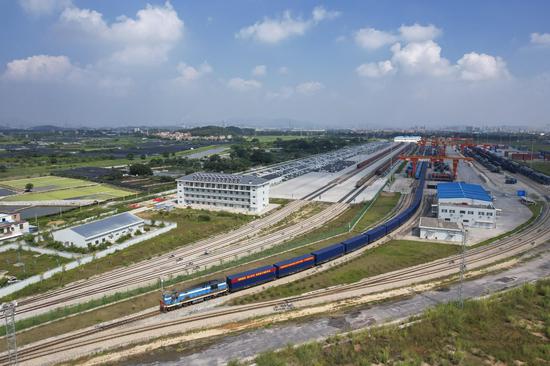
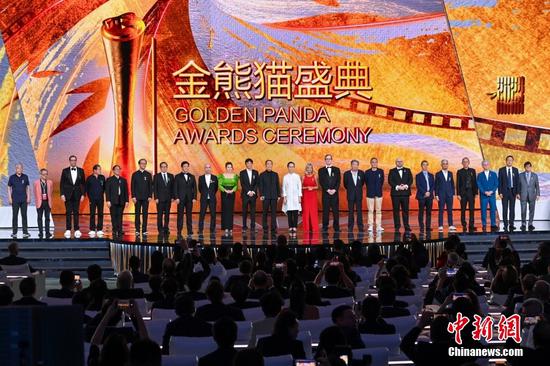
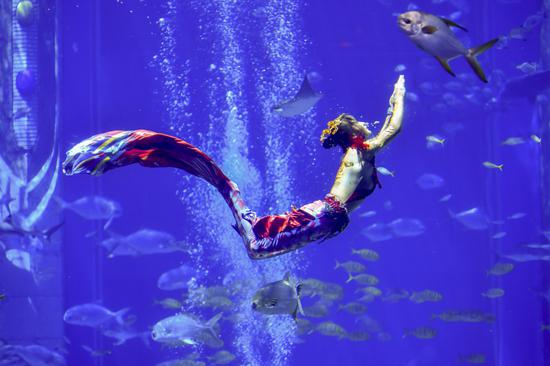
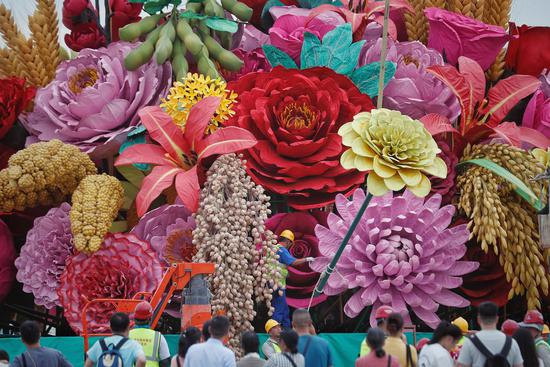
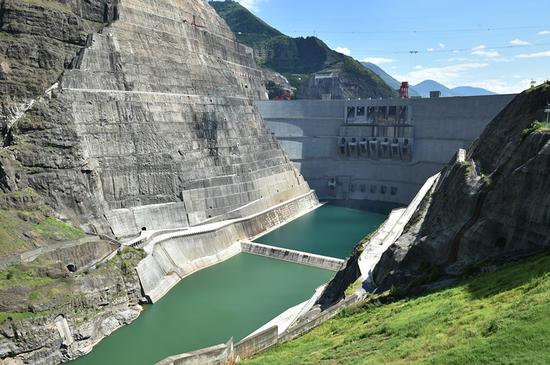
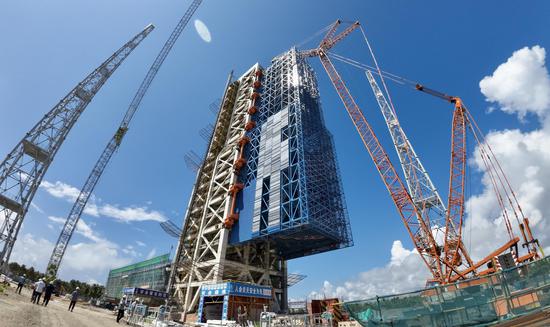
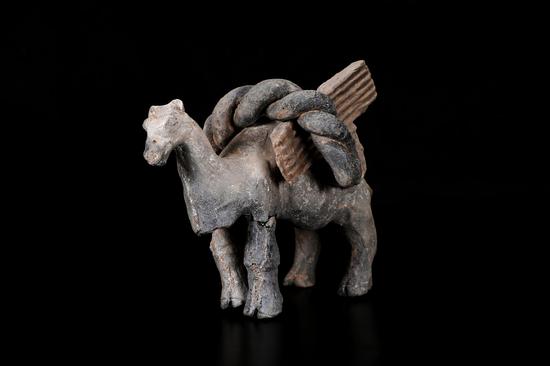


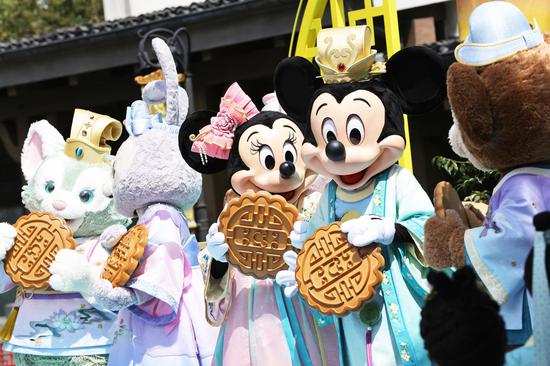
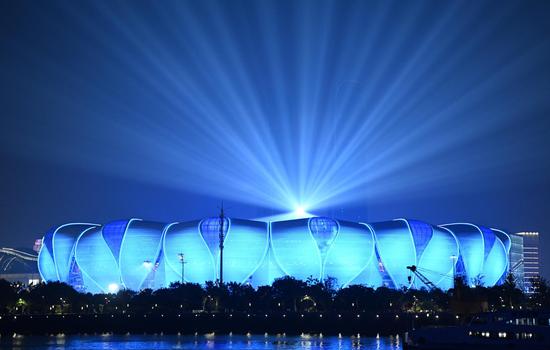
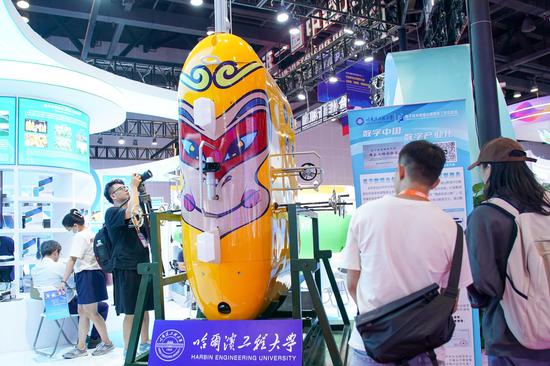





 京公网安备 11010202009201号
京公网安备 11010202009201号